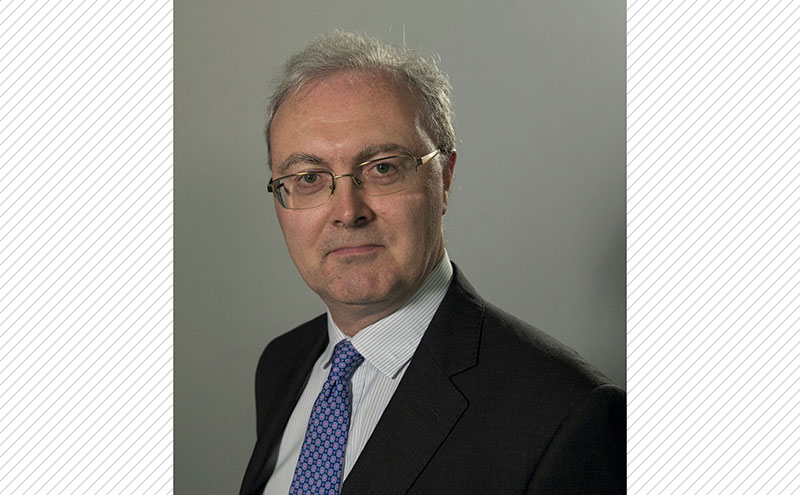UK Supreme Court hears SWA’s appeal on MUP

WHAT should be the final tussle over Scottish Government legislation on Minimum Unit Pricing (MUP) for alcohol took place in Edinburgh late last month when the UK Supreme Court sat in Scotland’s capital.
The legislation, first passed by MSPs in May 2012, has been the subject of a protracted legal battle led by the Scotch Whisky Association (SWA) ever since, with the association taking the government to court in Edinburgh and Luxembourg.
Following a final ruling in favour of the policy at the Edinburgh Court of Session, Scotland’s highest civil court, the SWA brought an appeal to the UK Supreme Court, the highest court in the UK and likely the last legal lever available.
Addressing the court, SWA and others representative Aidan O’Neill QC argued that MUP, which would set a minimum price of 50p per unit, controvenes EU law.
O’Neil’s argument hinges on EU rules around the free movement of goods which, while not restricting member states from taking action to achieve health aims, does prohibit obstructive pricing policies when alternatives exist. His repeated refrain throughout the proceedings was: “Why not tax?”
Making his case, O’Neill said: “The basic position is that you are not permitted as a matter of EU law to discriminate against particular products that you think are undesirable because they are cheap.
“The whole point of a system of fair competition is that the state cannot come in and say ‘some of those prices that have been formed under the free activity of the market are not desirable, so for those products we are going to insist that they be increased’.
“That goes against the absolute fundamentals of the free market principles and procedures on which the EU is based.”
Arguing on behalf of the Scottish Government, Lord Advocate James Wolffe QC invited the court to refuse the appeal.
The Lord Advocate argued that MUP provides a “targeted approach” preventing harmful drinkers from “trading down”.
Wolffe said the Scottish Government had looked at achieving the aim of reducing harmful drinking through increased excise duty and “concluded that the option of tax is not an effective approach”.
On raising excise on alcohol, Wolffe argued that increasing taxes to a level that would achieve the same floor on prices as MUP would disproportionately affect moderate drinkers who are “not the primary target”.
“If this is a measure which is properly justified on health grounds then the fact that it has distorted effects on the market is nevertheless justified,” he said.
Speaking after the proceedings, licensing lawyer Jack Cummins of Miller Samuel Hill Brown Licensing said the SWA had made a “solid, four-legged table” case, pointing to QC O’Neill’s argument that the Scottish Government appears to shift the goal posts on exactly who the MUP policy is supposed to benefit.
“I started off thinking that the result had to be that the Scottish Government would win, but now I think it’s a photo finish,” said Cummins.
And while in a case built on EU law Brexit remains the elephant in the room, Cummins reckons the verdict will still matter for anything short of a hard Brexit.
The UK Supreme Court is expected to rule on the appeal later this year.













